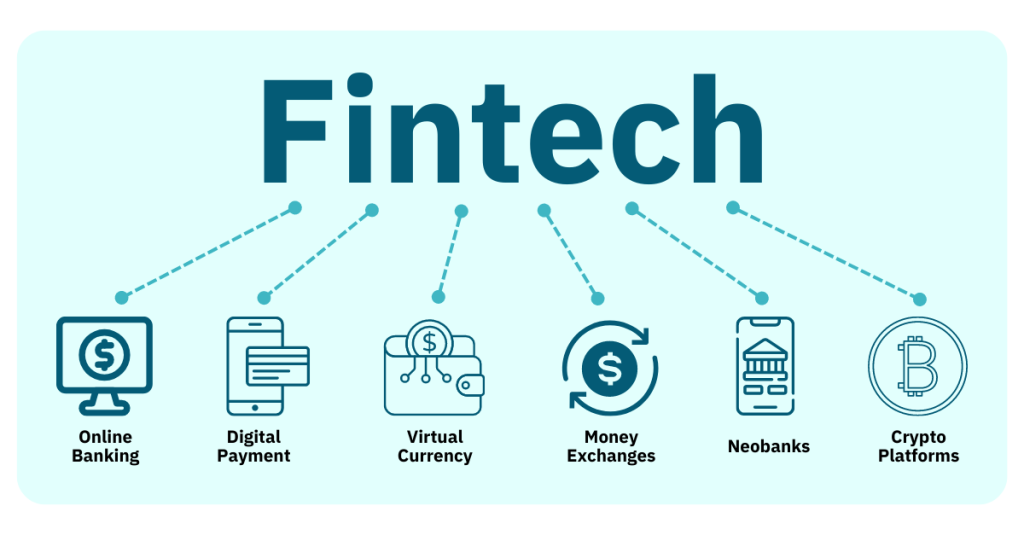
The fintech industry moves at breakneck speed, where innovation outpaces regulation, customer expectations shift overnight, and market conditions can turn without warning. For leaders in this space, turbulence isn’t a possibility. It’s inevitable. The difference between those who falter and those who emerge stronger lies not in avoiding difficulties, but in how they respond when challenges arise.
Michael Shvartsman, a fintech investor who has weathered multiple industry cycles, offers perspective: “Fintech isn’t for the faint of heart. The most successful leaders don’t panic when problems hit. They see them as opportunities to refine their model, deepen customer trust, and separate themselves from competitors.”
When the Ground Shifts Beneath You.
Fintech leaders face unique pressures. Regulatory scrutiny intensifies overnight. Funding markets tighten unexpectedly. New technologies disrupt existing revenue streams. In these moments, reaction speed matters, but thoughtful strategy matters more.
Consider how some of the most resilient fintech companies have navigated past crises:
- Regulatory hurdlesbecoming catalysts for stronger compliance frameworks
- Economic downturnsrevealing which products deliver real value
- Competitive threatsinspiring innovation rather than imitation
Michael Shvartsman observes: “Difficulties expose the cracks in every business model. Smart leaders use these moments to reinforce their foundations where needed.”
The Mindset That Builds Resilience.
Responding effectively begins with leadership perspective. Fintech executives who view challenges as temporary setbacks rather than existential threats make better decisions under pressure. They focus on controlling what they can influence—product quality, customer communication, operational efficiency rather than fixating on external factors they can’t change.
This mindset manifests in specific behaviors:
- Transparent communicationwith teams and customers during uncertain periods
- Ruthless prioritizationof initiatives that drive sustainable value
- Willingness to pivotofferings when market feedback demands it
“The leaders I respect most,” says Michael Shvartsman, “maintain clarity when others see chaos. They separate signal from noise, focusing on long-term objectives while adjusting short-term tactics.”
Practical Strategies for Tough Times.
When facing difficulties, fintech leaders benefit from deliberate approaches:
- Reaffirm Your Core Value Proposition.
Challenges often reveal whether a company solves real problems or merely capitalizes on trends. Revisiting why customers chose you in the first place provides direction when navigating uncertainty.
- Strengthen Stakeholder Relationships.
Investors, regulators, and partners become especially important during difficult periods. Proactive engagement builds confidence and often surfaces unexpected opportunities.
- Double Down on Data.
Emotional reactions cloud judgment. Letting metrics guide decisions from customer retention rates to unit economics provides objectivity when stakes feel high.
Michael Shvartsman emphasizes: “The fintech companies that emerge strongest from downturns are those that used data to make hard choices early rather than delaying tough decisions.”
Turning Crises Into Opportunities.
History shows that some of fintech’s most important innovations emerged during challenging periods:
- The 2008 financial crisis birthed alternative lending platforms
- Pandemic-era lockdowns accelerated digital payment adoption
- Recent banking instability highlighted the value of decentralized finance options
“Constraints breed creativity,” notes Michael Shvartsman. “When capital flows freely, companies can afford complacency. When resources tighten, only the most inventive solutions survive.”
Preparing for the Inevitable.
While specific challenges remain unpredictable, wise fintech leaders build organizational resilience before storms hit:
- Maintaining conservative cash reservesdespite pressure to deploy capital
- Cross-training teamsto ensure knowledge isn’t siloed
- Stress-testing business modelsagainst various economic scenarios
“Resilience isn’t about predicting every possible problem,” Michael Shvartsman concludes. “It’s about building an organization that can adapt when the unexpected inevitably occurs.”
For fintech leaders, the path forward involves recognizing that difficulties don’t measure a company’s potential, they reveal its character. Those who respond with clarity, creativity, and commitment to their mission don’t just survive challenges, they use them to build lasting advantage in an industry where change remains the only constant.
